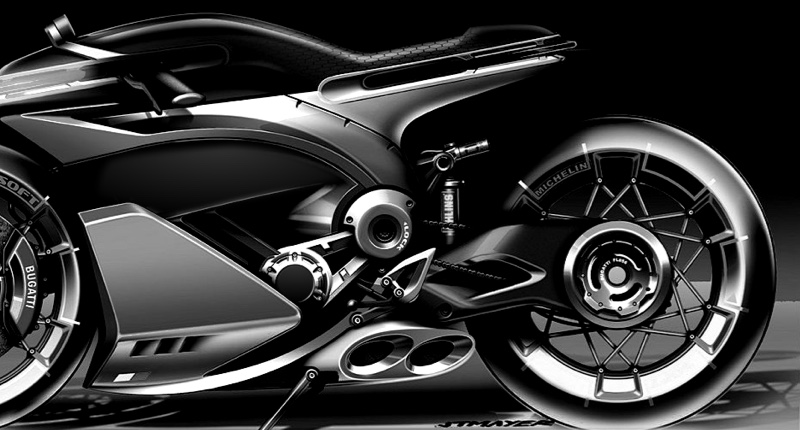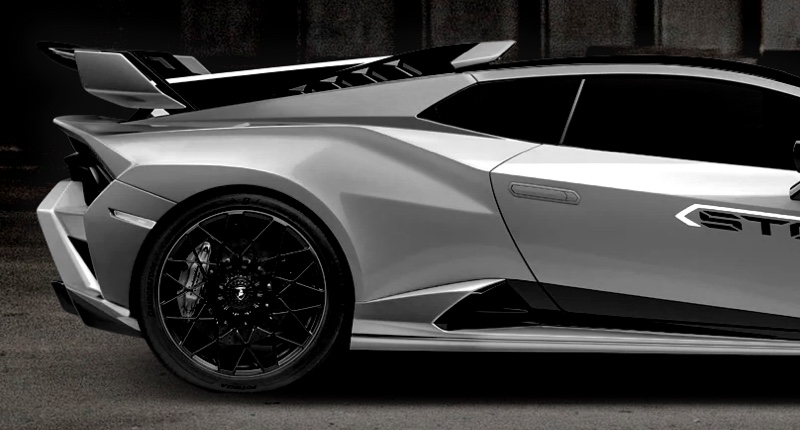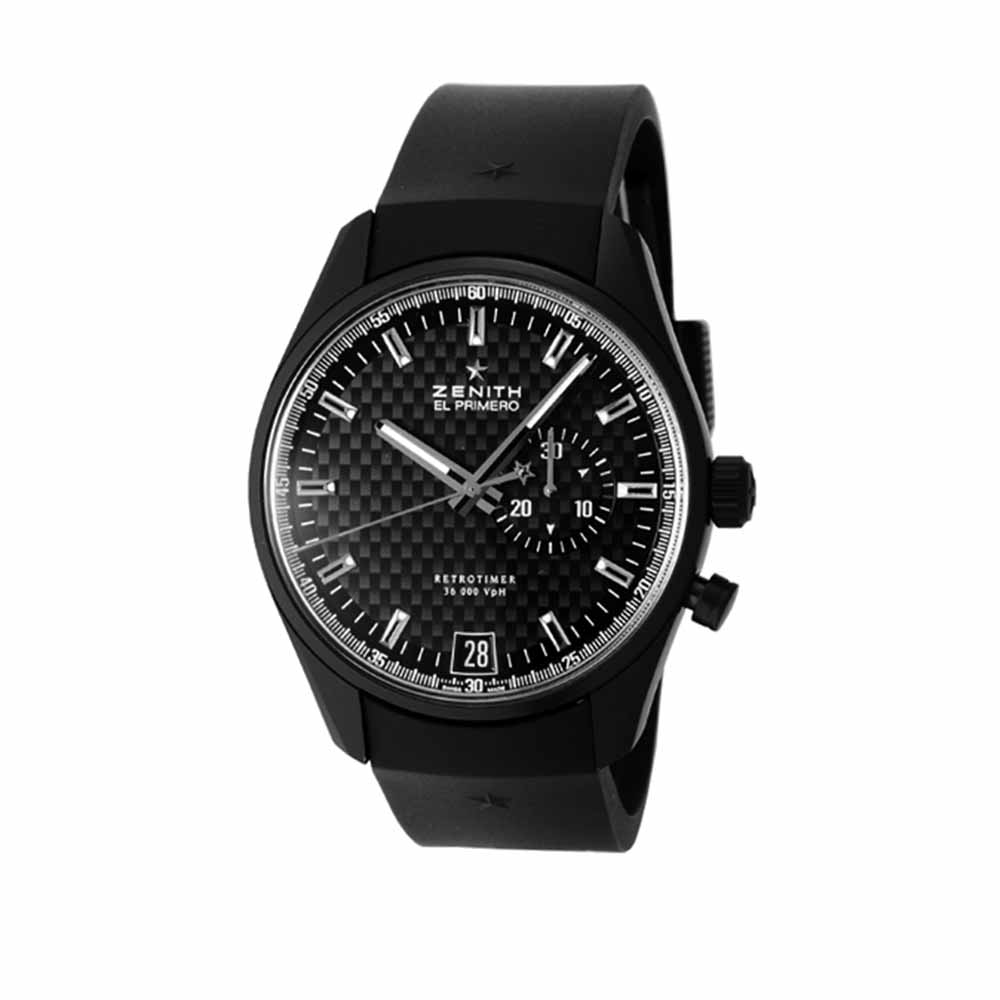Carbon Fiber Manufacturing: Your Guide
- Finding the Right Carbon Fiber Manufacturing Companies: A Comprehensive Guide
- Key Questions About Carbon Fiber Manufacturing Companies
- What are the different types of carbon fiber manufacturing processes?
- How do I choose the right carbon fiber manufacturing company?
- What types of carbon fiber materials are commonly used?
- What are the typical costs associated with carbon fiber manufacturing?
- Where can I find reliable carbon fiber manufacturing companies?
Finding the Right Carbon Fiber Manufacturing Companies: A Comprehensive Guide
Key Questions About Carbon Fiber Manufacturing Companies
This section addresses frequently asked questions related to carbon fiber manufacturing companies, as found through Google searches. The information provided aims to help you navigate the complexities of this industry.
What are the different types of carbon fiber manufacturing processes?
* Hand Layup: This is a labor-intensive process, ideal for low-volume, complex parts. It involves manually placing layers of carbon fiber fabric into a mold.
* Resin Transfer Molding (RTM): RTM involves injecting resin into a closed mold containing dry carbon fiber reinforcement. This offers better control over resin content and improved consistency.
* Pultrusion: Used for producing long, continuous profiles like rods and tubes, pultrusion pulls continuous reinforcement through a resin bath and then a heated die to cure the material.
* Filament Winding: This method wraps continuous fibers around a mandrel, building up the part layer by layer. It’s excellent for producing cylindrical components.
* Prepreg Autoclave Molding: This high-performance method utilizes pre-impregnated (prepreg) carbon fiber fabrics. The parts are cured in a high-pressure autoclave, resulting in exceptionally high-quality components.
How do I choose the right carbon fiber manufacturing company?
Selecting the appropriate company depends heavily on your specific needs:
* Consider your project's volume: High-volume projects might benefit from automated processes like RTM or pultrusion, while low-volume, highly customized parts might require hand layup.
* Evaluate their expertise: Look for companies with experience in your specific application (aerospace, automotive, sporting goods, etc.).
* Assess their certifications: Ensure they hold relevant quality certifications (ISO 9001, AS9100, etc.) depending on your industry's requirements.
* Check their capacity and lead times: Understand their production capacity to meet your project timelines.
* Review their quality control procedures: A robust quality control system ensures consistent product quality.
What types of carbon fiber materials are commonly used?
The choice of carbon fiber material directly impacts the final product's properties:
* Fiber Type: Different fiber types (e.g., high modulus, high tensile strength) offer various strength and stiffness characteristics.
* Tow Size: This refers to the number of filaments bundled together. Larger tow sizes generally provide higher strength but can be less flexible.
* Resin System: Epoxy resins are the most common, but other systems like phenolic resins offer different properties (e.g., higher temperature resistance). The resin system significantly impacts final part characteristics.
What are the typical costs associated with carbon fiber manufacturing?
Carbon fiber manufacturing costs are highly variable and dependent on several factors:
* Part Complexity: Complex geometries require more labor and tooling, increasing costs.
* Material Selection: High-performance materials are naturally more expensive.
* Volume: Higher volumes typically lead to lower per-unit costs.
* Manufacturing Process: Different processes have varying levels of automation and labor intensity, impacting cost.
Where can I find reliable carbon fiber manufacturing companies?
* Industry Directories: Online directories list carbon fiber manufacturers, often categorized by region and specialization.
* Trade Shows and Conferences: These events offer opportunities to network with potential suppliers.
* Online Search Engines: Use targeted keywords like carbon fiber manufacturing companies near me or carbon fiber prepreg suppliers to find potential partners.
* Industry Associations: Organizations such as the American Composites Manufacturers Association (ACMA) can provide resources and contacts.
This guide provides a starting point for navigating the complexities of the carbon fiber manufacturing industry. Remember to thoroughly research and vet potential partners to ensure they meet your specific needs and quality requirements. For high-quality, expertly crafted carbon fiber components, contact Supreem Carbon.
Supreem Carbon Best professional carbon fiber racing seats manufacturers and supplier brands

The Ultimate Guide to Carbon Fiber Car Accessories: Customization, Modification, and More
Custom carbon fibre parts Manufacturers and suppliers in China
Top motorcycle carbon fiber parts Manufacturers and Suppliers
For Facotry
Can I visit your company?
Of course, we are in QiaoTou Town, Dongguan City, Guangdong Province, China.
Supreem carbon main competitive advantages.
Rich experience
Over 10 years production experience in carbon fiber industry, providing customers with high quality carbon products.
Excellent service
From new project development to customer finished product delivery, we provide customers with full tracking and timely feedback on project progress.
High-Quality Products
Our carbon fiber products undergo rigorous quality control to ensure customers achieve the high quality and cost-effective product.
For Products
How can I get some sample?
Actually we dont provide the free sample to customer, you can place a sample order if need some parts.
For After-sales Service
How can I cancel the order?
We may only cancel your order if it has not been fulfilled yet. We would be more than happy to assist you with any adjustments if you'd wish instead!
For Customized Service
How long does the customized products order take?
This depends on the complexity and mold production cycle of the product. The first sample will be ready in 2-3 weeks after mold finished.

Custom Carbon Fiber Watch
Carbon fiber is becoming a preferred material in the watch industry thanks to its exceptional strength, lightweight structure, and modern aesthetic. Its advanced performance properties make it ideal for producing durable, high-precision watch components.

Custom Carbon Fiber Drone
Carbon fiber offers several advantages when used in drones (unmanned aerial vehicles, UAVs) due to its unique properties.

Honda CBR1000RR-R Carbon Fiber Belly Pan Lower Side Fairings

Yamaha R1 Carbon Fiber Side Fairings
Introducing the Supreem Carbon Fiber Long Side Panels for Yamaha R1. Crafted with precision and expertise, this front side fairing is designed to elevate the performance and aesthetics of your R1. Made from high-quality carbon fiber, this fairing is not only lightweight but also incredibly durable, providing optimal protection for your motorcycle.
© 2024 Supreem Carbon All Rights Reserved.






Facebook
Pinterest
LinkedIn
Instagram